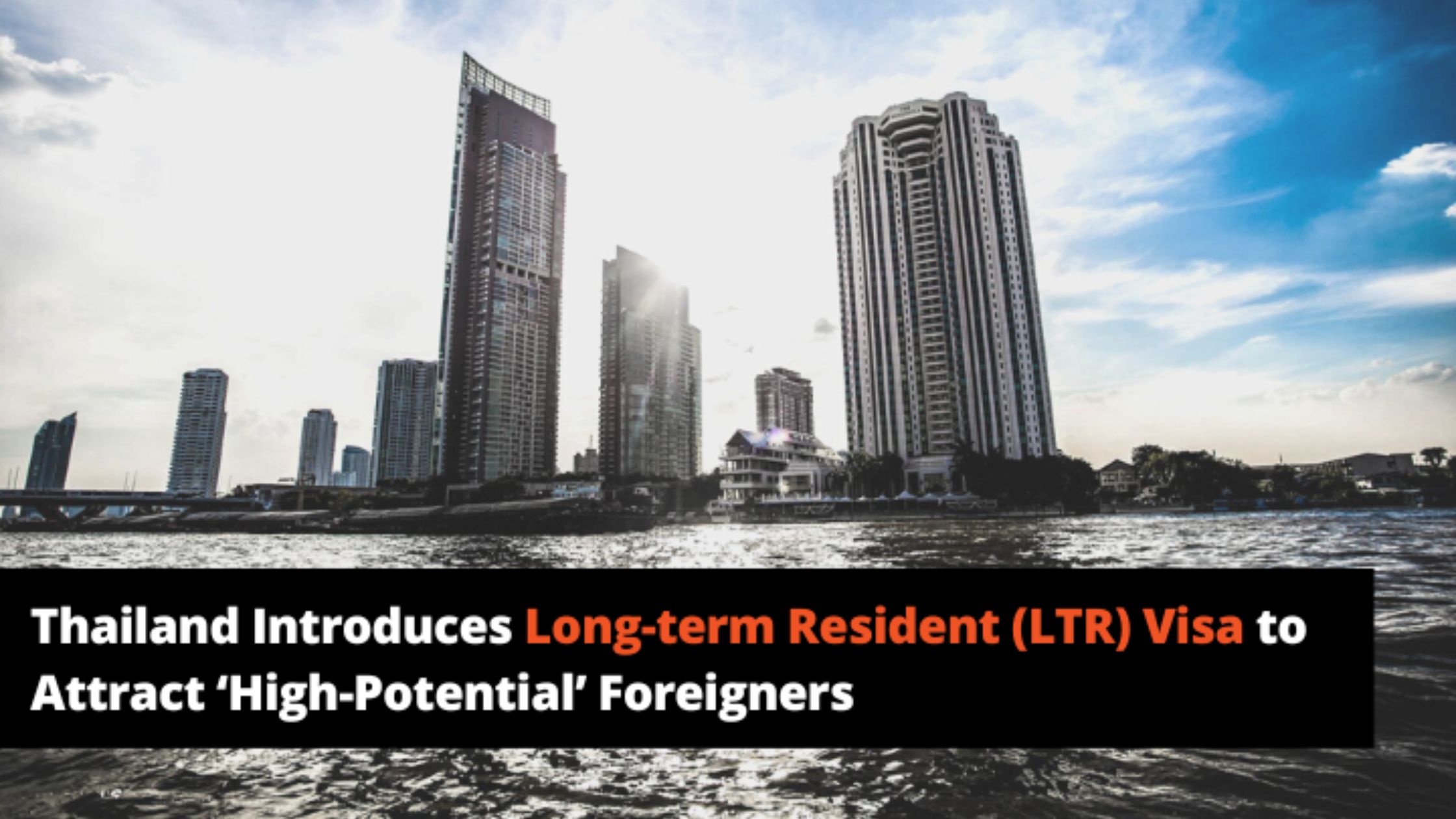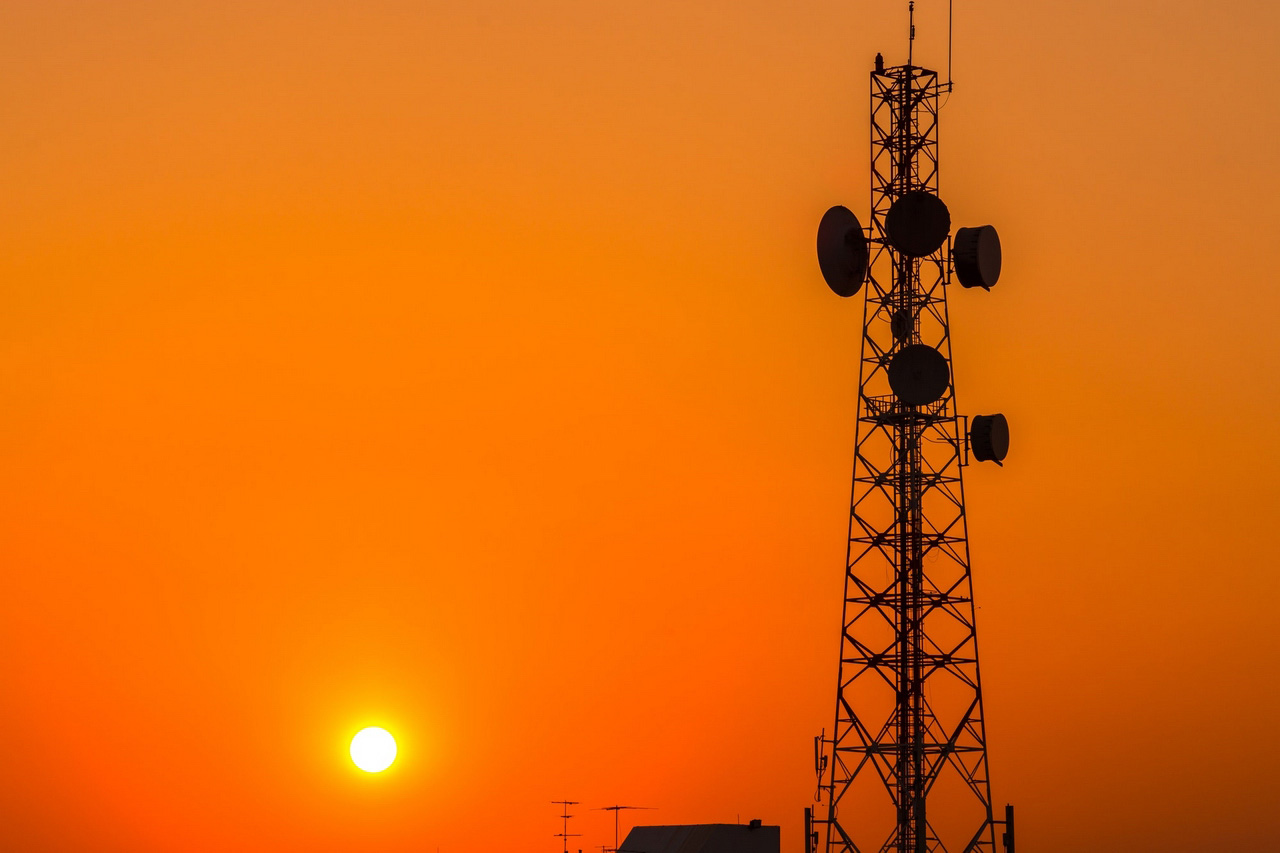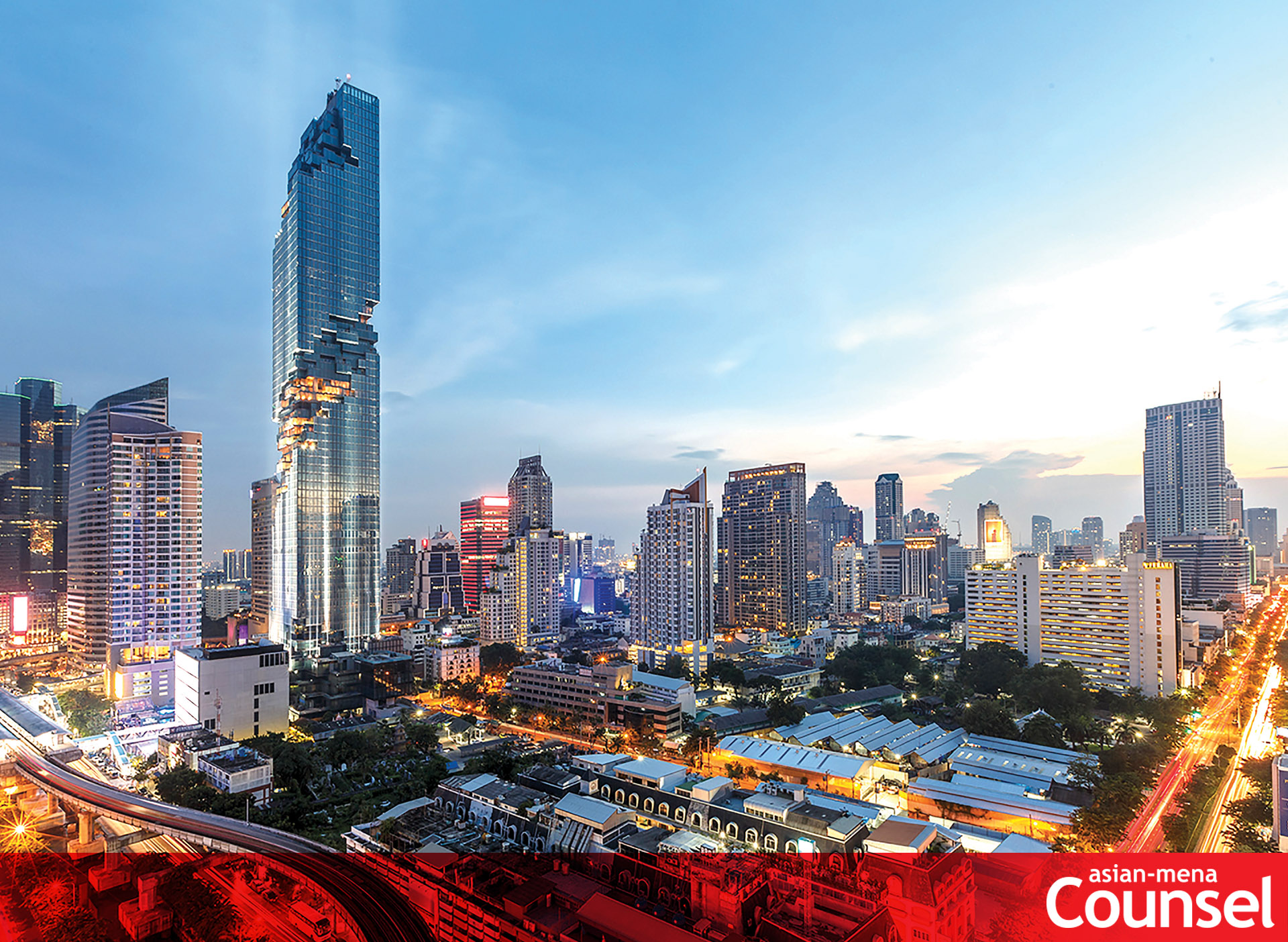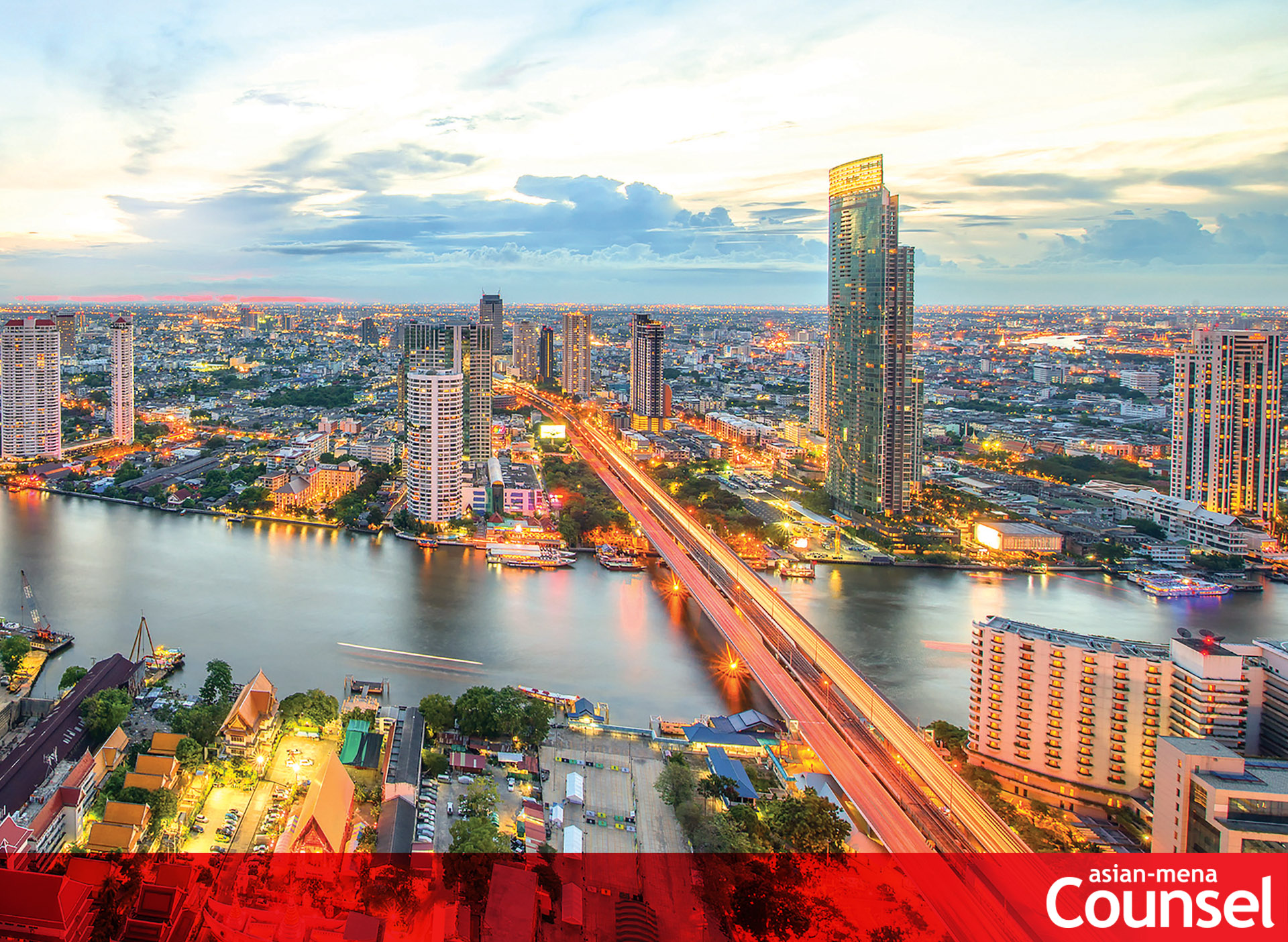
Thailand’s traditional alcoholic beverages have been developed for centuries and their growth potential has been recognized in the global market. Several indigenous alcoholic beverage brands have received international recognition and are sold globally. This has continued even though Thailand’s manufacturing of alcoholic beverages-related laws (the “Laws”) are very restrictive. Such limitations include (but are not limited to) minimum capital and minimum production capacity requirements. Due to these restrictions, the majority of Thai small players have decided to proceed with the manufacturing of their alcoholic beverages outside of Thailand.
Back in 2019, the Move Forward Party, a political party in Thailand, proposed the Progressive Liquor Bill (the “Bill”), which was aimed at loosening the limitations under the Laws that favor existing players and has spent the past three years campaigning for the Bill to come into effect. On November 1, 2022, the Ministry of Finance issued the Ministerial Regulation on the Manufacturing of Alcoholic Beverages, B.E. 2565 (2022) (the “New Regulation”), which came into effect on the following day, to replace the previous ministerial regulations. Following that, the Bill was put to the vote but was rejected on November 2, 2022. The main reasons given by the government for such rejection were concerns about bootlegging, sanitation, and health hazards to consumers that may arise from non-standard production processes, despite the fact that hygiene falls directly under the responsibility of the Ministry of Public Health, Ministry of Industry, and other governmental organizations.
It would appear that the New Regulation is designed only to relax (but not liberalize) legal or regulatory requirements and restrictions to enable small players who has limited capital and small production capacity to access the alcoholic beverages manufacturing industry.
The following table lists some of amended requirements (if any) for a business operator who wishes to manufacture beer for commercial purposes.
|
Manufacturing of Beer |
|
| Previous Laws | The New Regulation |
| The applicant must be a company incorporated under Thai law and a minimum of 51% of its issued shares must be held by Thai nationals. | Remains the same. |
| The applicant must have a registered capital of at least THB 10 million which is fully paid up. | No minimum capital requirement. |
| A small-scale brewer producing alcoholic beverages for sale in their own outlet (i.e., a brewpub) is required to have a manufacturing capacity of 100,000 to 1 million liters per year. | A small-scale brewer producing alcoholic beverages for sale in their own outlet (i.e. a brewpub) is required to obtain a factory license and comply with the Environmental Impact Assessment (the “EIA”) regulations. |
| A large-scale brewer (i.e., a beer factory) is required to have a manufacturing capacity of at least 10 million liters per year. | A large-scale brewer (i.e., a beer factory) is required to obtain a factory license, install standard machinery which records tax payments for the alcoholic beverages they produce and obtain the requisite EIA approval. In this regard, the required manufacturing capacity will be in accordance with relevant EIA regulations. |
However, even though the New Regulation does remove some restrictions, it also introduces new ones. Implementation of the New Regulation will still pose certain obstacles for small players – As mentioned above, although restrictions on minimum registered capital and minimum production volume have been lifted for new investors and/or small players, some new restrictions have been introduced, such as the requirement for a beer factory to conduct EIA studies, which may take considerable time, as well as prepare an EIA report and obtain EIA approval from relevant regulators. Therefore, small players will be required to spend on relatively high operating costs from the outset, arising from various expenses such as the service fee for hiring a company to assess the environmental impact and install standard machinery, which records tax payments for the alcoholic beverages they produce.
Moreover, under the New Regulation, small players who wish to produce their own traditional local rice whisky are still subject to the minimum production capacity per day requirement and not all of them will have a sufficient operating budget, labour and resources to do so. It, therefore, appears that although Thailand’s alcoholic beverages industry is opening up to new players, for small players, the situation remains largely unaffected.
In conclusion, companies looking to set up a business manufacturing alcoholic beverages will need to do so with a clear understanding of all of the relevant regulations before they proceed.






























 Kudun and Partners Limited
Kudun and Partners Limited Kudun Sukhumananda
Kudun Sukhumananda Troy Schooneman
Troy Schooneman







